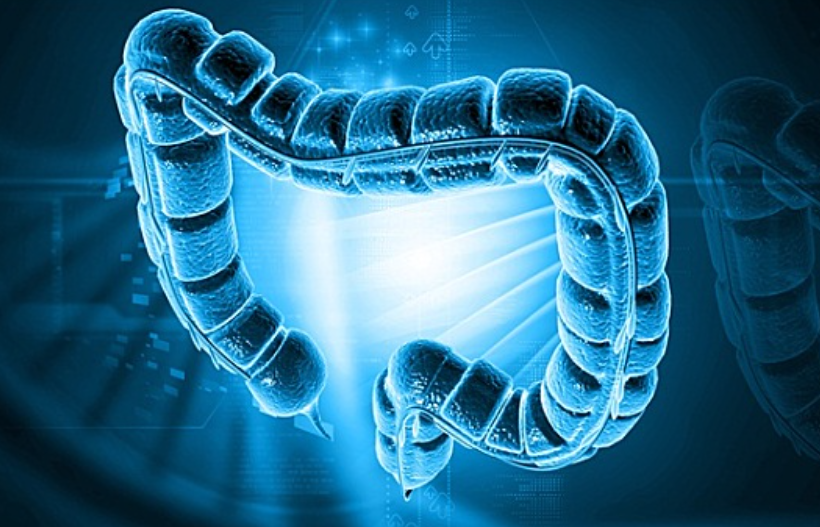
During travel, our stomach health can easily be put at risk due to environmental changes, irregular diets and other factors. Therefore, playing a good "stomach war" has become an important part of our journey that cannot be ignored. From the three aspects of how to choose food during travel, how to pay attention to food hygiene during travel, how to adjust the diet when gastrointestinal diseases appear, we provide practical suggestions to protect the stomach, to help everyone spend a healthy and happy holiday.
How to choose food during the trip? 4 points to remember
- Respect regional characteristics and achieve a reasonable collocation
In the trip, the local special food is undoubtedly a highlight, tasting local food is also one of the important experiences of travel. However, different regions have different eating habits and food choices, and some foods may not be suitable for our stomachs.
First of all, we can understand the food culture and characteristics of the destination in advance, choose those foods that are representative and suitable for our own tastes, and then make up the missing nutritional parts according to the characteristics of the food.
Secondly, when choosing food, we should pay attention to the balance of nutrition. Try to choose foods rich in protein, vitamins and minerals, such as lean meat, fish, eggs, and don't forget to supplement vegetables and fruits when traveling.
In addition, we can choose our food according to the season and climate. In the hot summer, you can choose some cool food, such as mung bean soup, cold noodles, etc.; In the cold winter, you can choose some warm and nourishing food, such as stew soup, hot pot and so on.
- Avoid excessive greasy and irritating foods, and order vegetables with attention
Greasy and irritating foods tend to increase the burden on the stomach, resulting in indigestion, stomach pain and other problems. Therefore, during the trip, we should try to avoid excessive intake of fried, barbecued, spicy and other irritating food.
First, we can choose light food, such as steamed, boiled, stewed and other cooking methods of food. These foods not only taste light, but also retain the original flavor of the ingredients, which is easier to digest and absorb.
Secondly, for the intake of greasy and spicy food, we should moderate control. You can combine some light vegetables, fruits or yogurt with other foods to neutralize the taste and reduce stomach irritation.
- Drink less alcohol and sugary drinks, you can choose plain water, light tea, etc
In addition, we should also pay attention to avoid excessive alcohol consumption and the intake of sugary drinks. Alcohol and sugar can stimulate the secretion of stomach acid, increase the burden on the stomach, and even cause gastrointestinal diseases.
Therefore, during the trip, we should try to choose healthy drinks such as plain water, light tea or juice.
- Remember not to overeat on the road, and try not to eat for two hours before bed
When traveling, we tend to ignore the regularity of eating because of excitement, busyness and other reasons. However, overeating will not only increase the burden on the stomach, but also may lead to gastrointestinal disorders. Therefore, we should try to maintain a regular diet, eat on time, and avoid excessive hunger or overeating.
First of all, we should arrange three meals reasonably and try to maintain a fixed eating time and frequency. Breakfast is the most important meal of the day, so make sure you're getting enough nutrients and energy. Lunch and dinner should be moderate control to avoid excessive intake of calories.
Secondly, during the trip, we should pay attention to control the amount of food. Don't overeat because of the temptation of good food, and don't neglect to eat because you are busy. You can choose to eat small amounts of food several times, so that the stomach gradually adapt to the new dietary environment.
In addition, we should avoid large meals before bed. Eating before bed can easily lead to problems such as indigestion and insomnia, affecting travel experience and physical health.
Therefore, within one to two hours before going to bed, we should try to avoid eating, so that the stomach can get a full rest and recovery.

